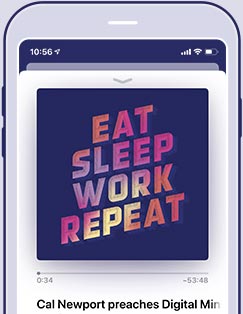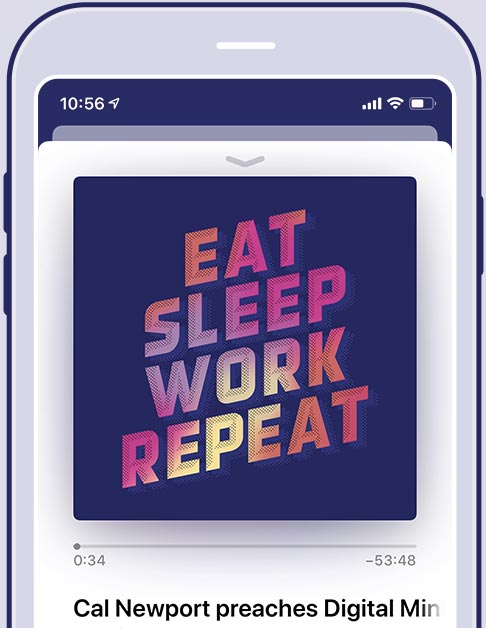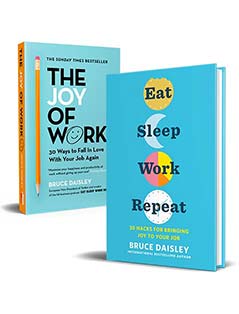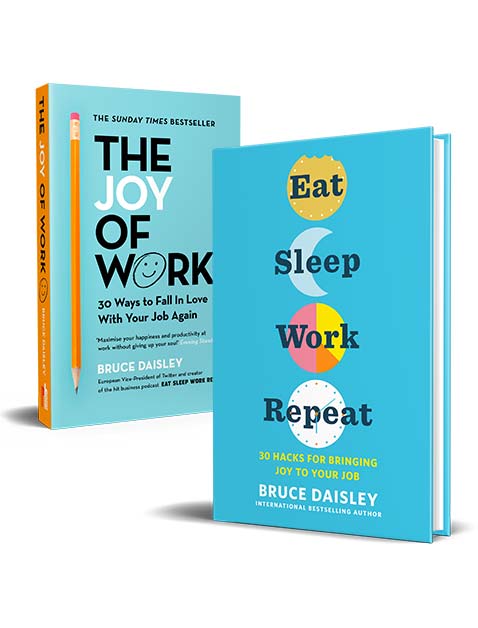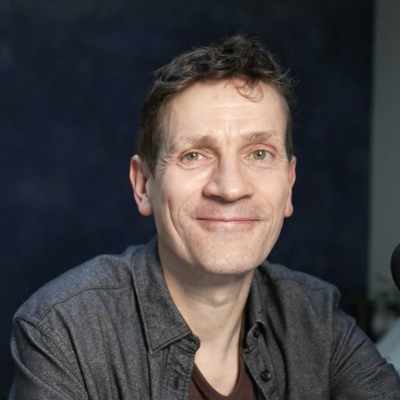Burnout – understanding the other epidemic
Last year Anne Helen Petersen’s Buzzfeed article about burnout became a viral sensation, spawning a seemingly never-ending wave of ‘Year of Burnout’ headlines. Petersen’s writing triggered such recognition because she rooted it in the ordinary, in everyday experiences that were instantly relatable. She evoked her own life where industrious professional productivity (as a writer) was combined with a weary inability to get things done in her private life.
She initially thought there was something wrong with her. Googling for other people relating their aversion to getting sh!t done domestically, bills sitting unpaid, registrations unfiled, postal votes uncast, chores uncompleted. She realised it wasn’t personal, it was systematic. The way we were living was driving us to a constant feeling of being emotionally & physically spent.
Relatedly, it was sad to read of the passing of David Graeber this week. As an academic he was an unexpected icon of progressive politics but more than anything he was someone who invited us to revisit our preconceived ideas about how society functioned. Graeber had mused in his book ‘Bullshit Jobs’, wondering what had happened to the 15-hour week that in 1930 John Maynard Keynes had predicted by the end of the 20th century. He wondered whether it was indeed possible but societally we might have to reorganise the world of work to achieve it. Insurgent thinking for many, but there are echoes of this conjecture in Petersen’s book. Some of her thoughts might find resonance with frazzled younger workers wondering why they won’t be free of their student loans until 2045 and looking at house prices simmering away at 10 times their salary.
AHP reminds us that despite a whole genre of self-improvement literature that tells us that our personal actions can resolve burnout – or that, come on slouch, you need to be grittier, we need to point the finger at the actions of our firms, not ourselves. Ultimately she suggests that our casual acceptance of the way we’re working is having a toll on our psyche that can’t be easily unspun by productivity hacks and meditation apps. As Taylor Lorenz notes on the jacket, the book “is a compelling exploration of… how an entire generation has been set up to fail”.
As many of us settle down for the uncertainty of the second half of the working year, burnout is going to become a real issue. As Petersen so succinctly reminds us, “Energy is finite and when you keep trying to pretend it isn’t – that’s when burnout arrives.”
I’m in the middle of writing a book at the moment and there’s a quotation in my research from American sociologist Edward Alsworth Ross that sprung to mind (stick with this, it has huge implications for us all):
‘The chief oppositions which occur in society are between individuals, sexes, ages, races, nationalities, sections, classes, political parties and religious sects.
Several such may be in full swing at the same time, but the more numerous they are the less menacing is any one.
Every species of conflict interferes with every other species in society at the same time, save only when their lines of cleavage coincide; in which case they reinforce one another…
A society, therefore, which is riven by a dozen oppositions along lines running in every direction, may actually be in less danger of being torn with violence or falling to pieces than one split along just one line”.
In other words when one group, the young, is in systematic disagreement with another group, their elders over issues of wealth and racial perspective and professional experience and environmentalism, and when all of these matters of identity cleave on the same divide such schisms have historically been a recipe for explosive conflict. It’s hard not to look at the scenes in the US right now and reflect on that thought. As we look forwards contemplating 10, 12, 15% unemployment it’s worth heeding that historians tell us that when there has been our contemporary levels of income disparity they have been traditionally resolved by war, famine or revolution.
It could never happen here, of course, generational exceptionalism etc.
Can’t Even by Anne Helen Petersen is out on September 22nd, pre-order now. BTW podcast listeners, I got in touch with her and was thrilled to talk to her about it on today’s episode of Eat Sleep Work Repeat – listen here: Apple/Spotify/Acast). Her newsletter is here.



